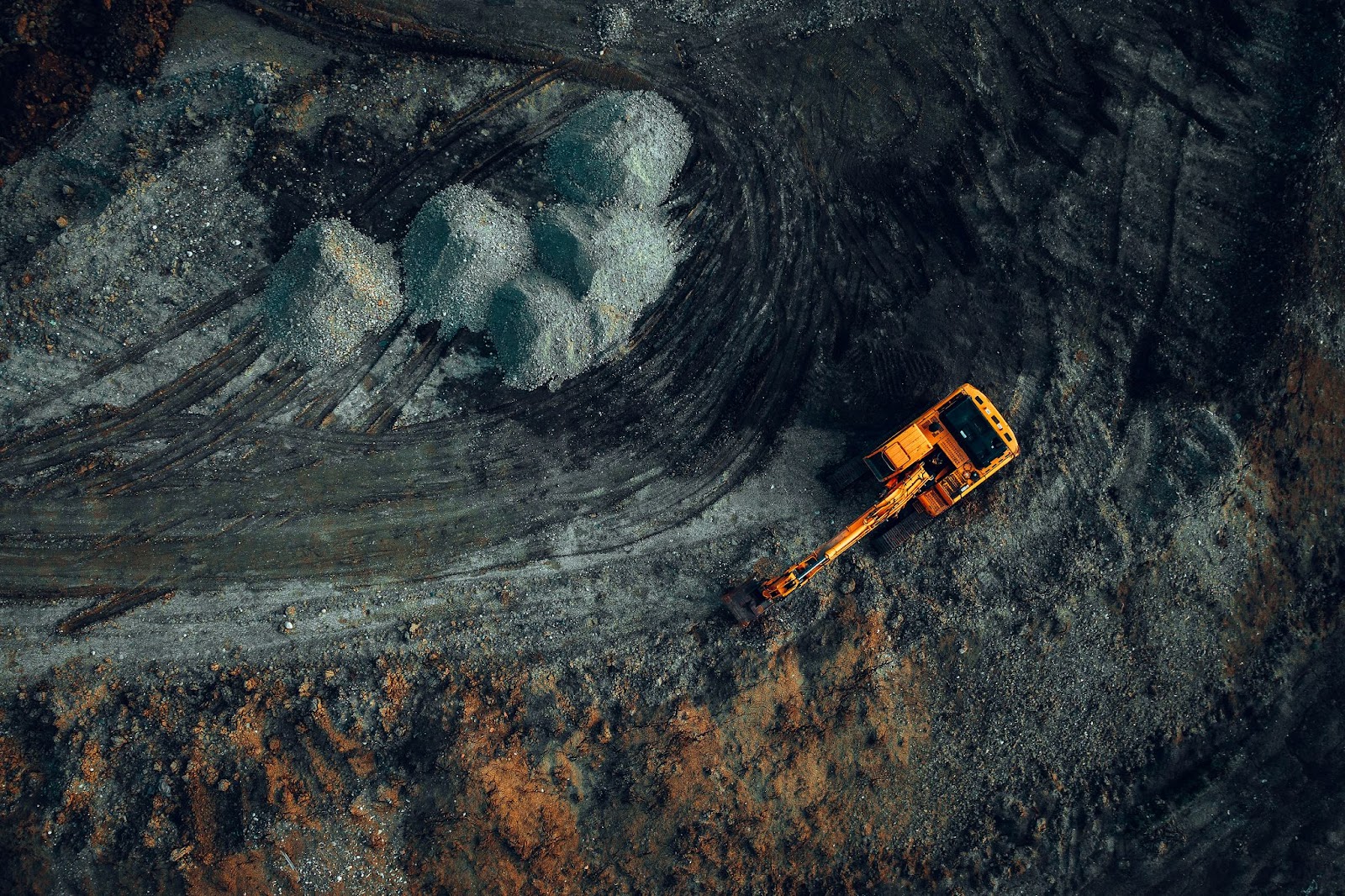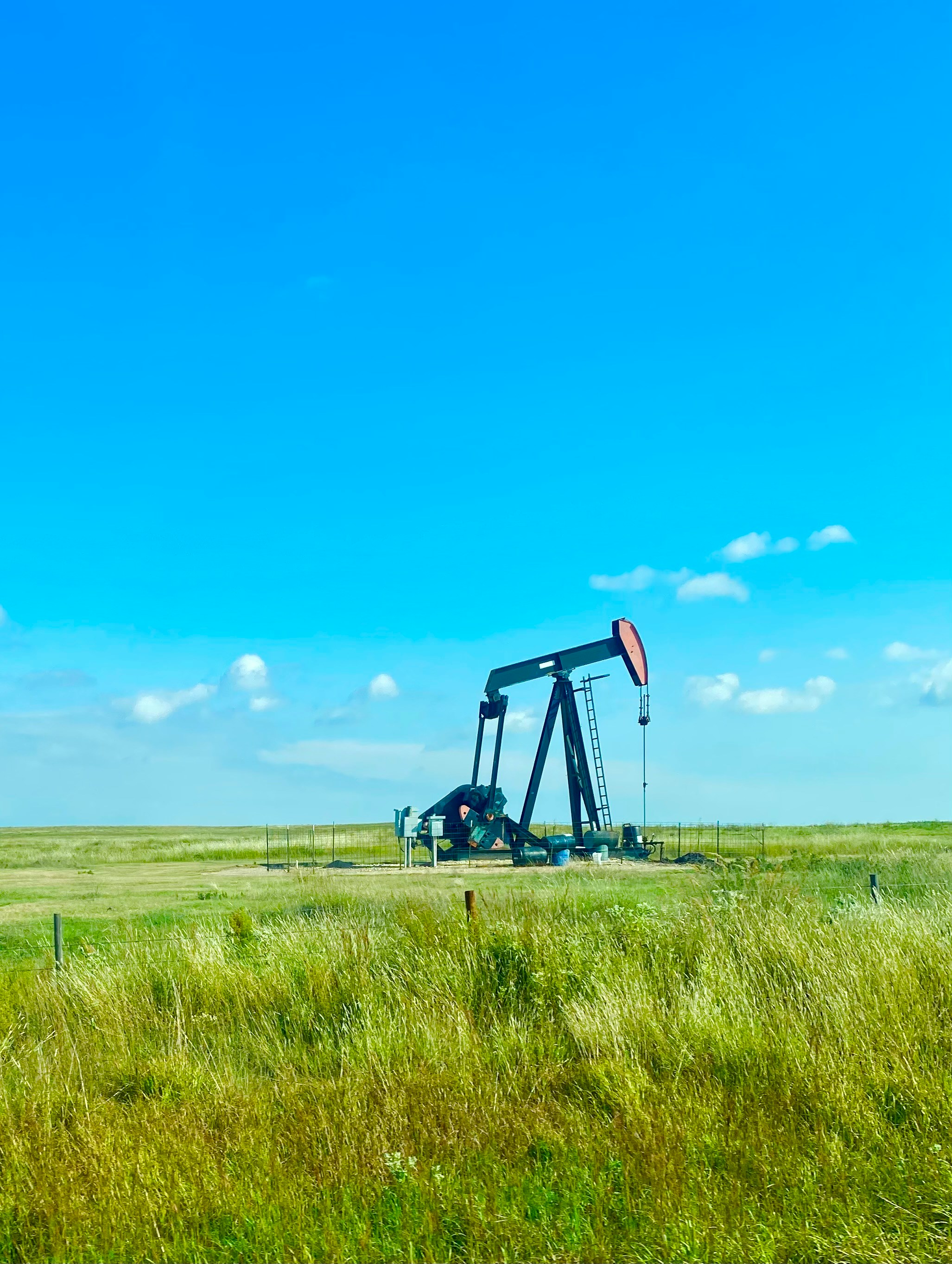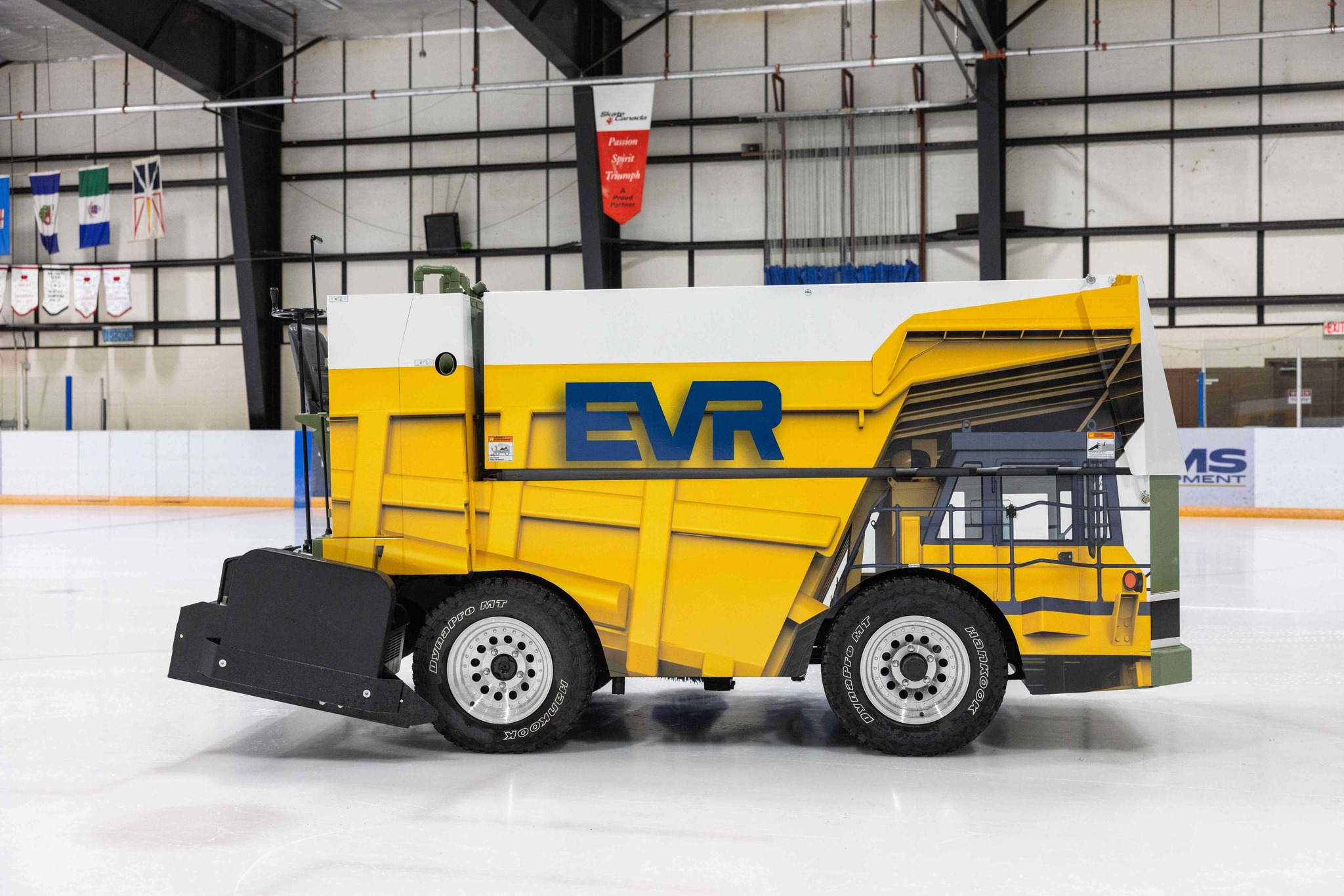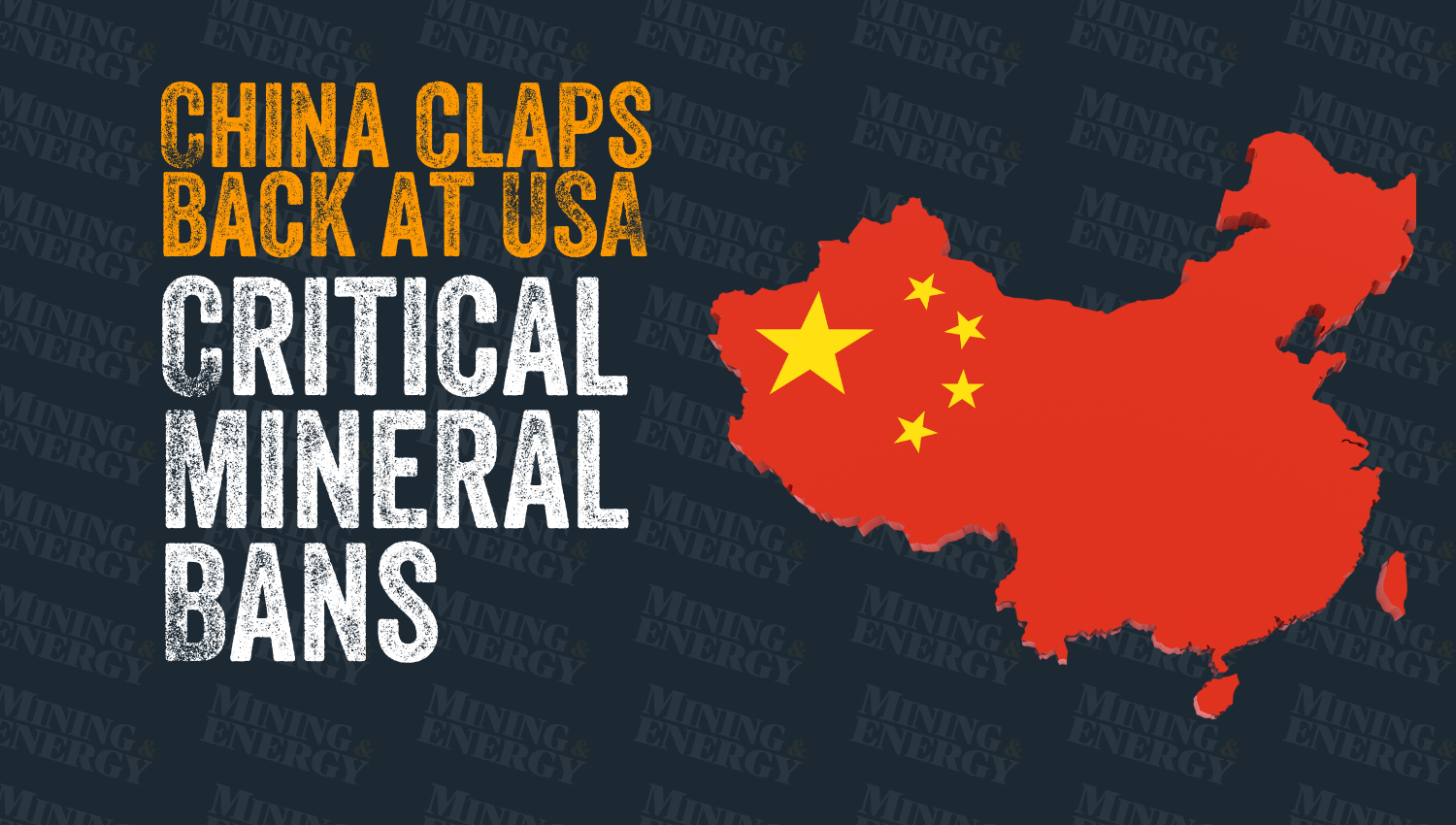Society sways towards sustainable solutions in mining and energy
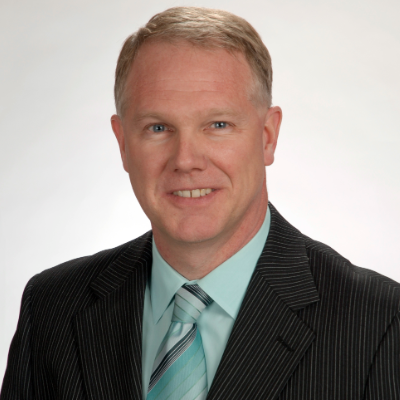
Terrapure offers water dredging and dewatering services to find value in previously ignored materials. — photo courtesy Terrapure Environmental Canad
Terrapure offers water dredging and dewatering services to find value in previously ignored materials. — photo courtesy Terrapure Environmental
Canadian society, as well as industry standards, are asking the energy sector to rethink their daily operations. Many companies are searching for environmentally friendly replacements for their current systems. While there is no uniform solution that will fit every company’s needs, the shift is underway. This shift is comparable to the introduction of the blue box in the '80s: what can everyone do a little bit of in order to help a lot?
Terrapure Environmental is a Canada-based company helping the mining industry make the switch to sustainable operations. Todd Smith, vice-president of Terrapure’s Environmental Solutions, oversees the on-site services Terrapure offers to those in the mining and energy industry that are looking for sustainable and environmentally friendly solutions.
“Society is really becoming more and more demanding in terms of sustainability and what we do with various waste streams,” said Smith. Smith, alongside plenty of others in the energy industry of Canada, are concerned about our current reliance on and the environmental impact of our mining for commodities. In order to sustain this source of power, a shift is necessary. “We need to make sure that we have that sustainability present in order to continue on with the current perspective.”
There are a few ways to shift mining towards a sustainable future, and many of these processes are already in operation, thanks to Terrapure and its roster of environmentally aware clients. Environmentally friendly extraction and processing techniques are available, as well as waste management and mineral recovery processes that harness and reuse mining waste after the fact—even from mines previously considered essentially bare.
“We do dredging and dewatering,” said Smith. “When it comes to mine tailing and recovery there, we have the ability to go into those old tailing ponds, dredge out the material that is there, and dewater it, so now those tailings have some value.” According to Terrapure, operations like this create valuable material ready for reuse in other areas of operation.
The challenge with implementing sustainable and environmentally friendly practices in the mining and energy industry is that each company has different needs, therefore different potential solutions. Much of Terrapure’s services can be tailored to fit the individual needs of each company—they know that there is no one-size-fits-all solution to the current challenges. Terrapure’s catered approach produces unique solutions: “We try to address what their specific problems are, and see if we can figure out a way to manage those for them,” said Smith.
Terrapure offers a lengthy list of services to the mining industry, which are applicable and realistic options for all types of mines. Every service has a recovery aspect to it: water treatment, mobile equipment for short-term needs such as contaminant emergencies, paste plant operations, and revisits to old mines to see what other materials can be extracted with their adaptation of existing technologies.
Oil and battery waste removal and recycling is one of Terrapure's specialized services. A re-refinery in North Vancouver takes waste oils from mining equipment, and re-refines the waste material to create a new saleable oil product. Lead acid batteries—whether from mining equipment or cars—are sent to Terrapure's smelter in Montreal to be recycled and remanufactured into new batteries. “We recycled 20 million litres of lube oil in the North Vancouver refinery, and about 80,000 metric tons of lead in Montreal,” said Smith. Terrapure itself exercises its values throughout daily conduct, sending the waste from its own equipment to its smelter and refinery in Montreal and Vancouver.
Due to its unique approach and problem-solving techniques, Terrapure’s services are realistic solutions across the entire energy sector. All types of mining companies can benefit. Most of these services are offered on-site as well, further minimizing cost and increasing efficiencies.
While some companies may be reluctant to change their ways to the now-possible sustainable solutions, standards are changing. “Change is risky for some of them,” said Smith. “But society is dictating that they want to see more recycling and environmental sustainability put forward from all industries, not just mining.”
Environmentally friendly options, however, also tend to promote efficiency in terms of production, therefore cost savings. If Terrapure helps a mining company reduce its waste, the result will likely be greater efficiency. Not many companies can argue with increased efficiency, regardless of the cause.
One thing we can all agree on is that the shift is critical if Canada hopes to continue using its greatest commodities for energy on a long-term scale: “It’s the way society is going all around,” Smith said.
